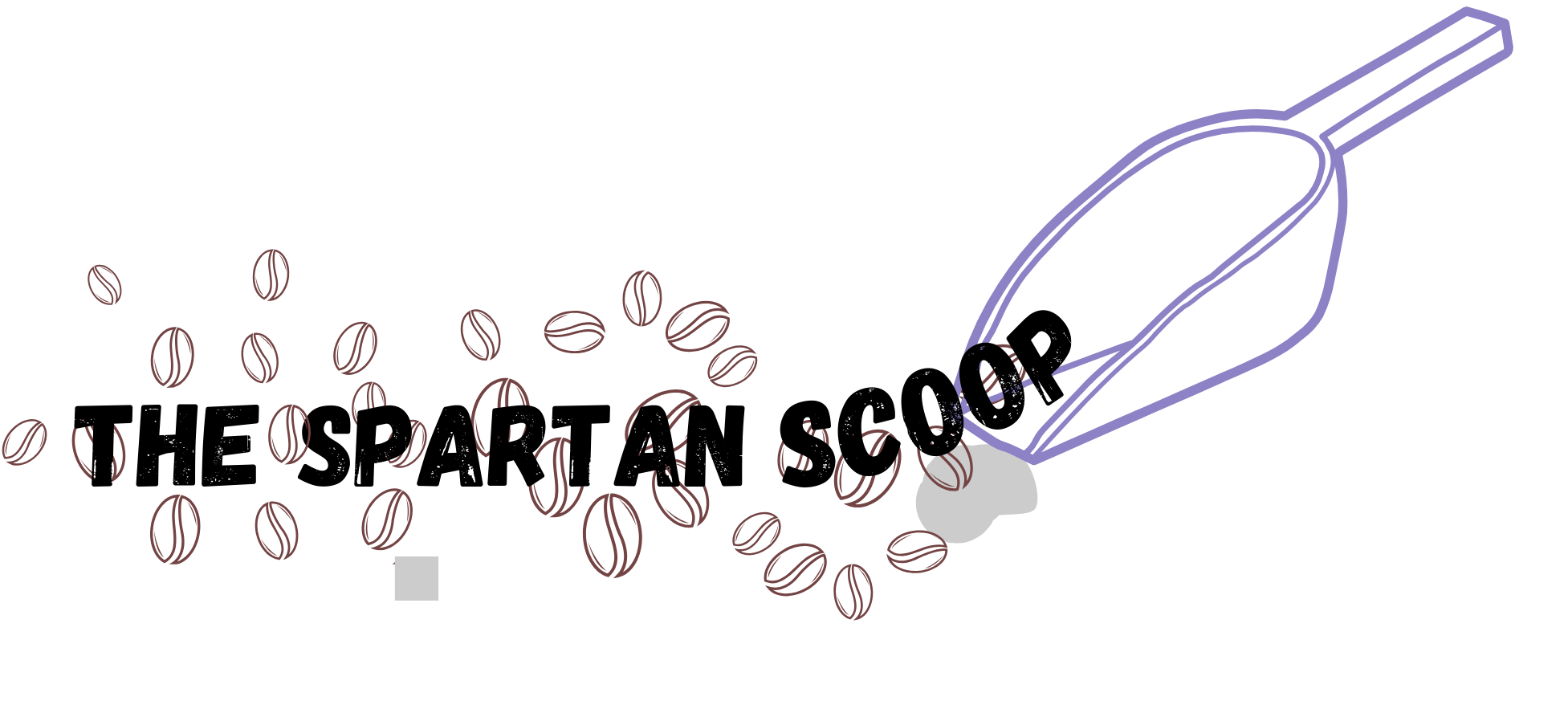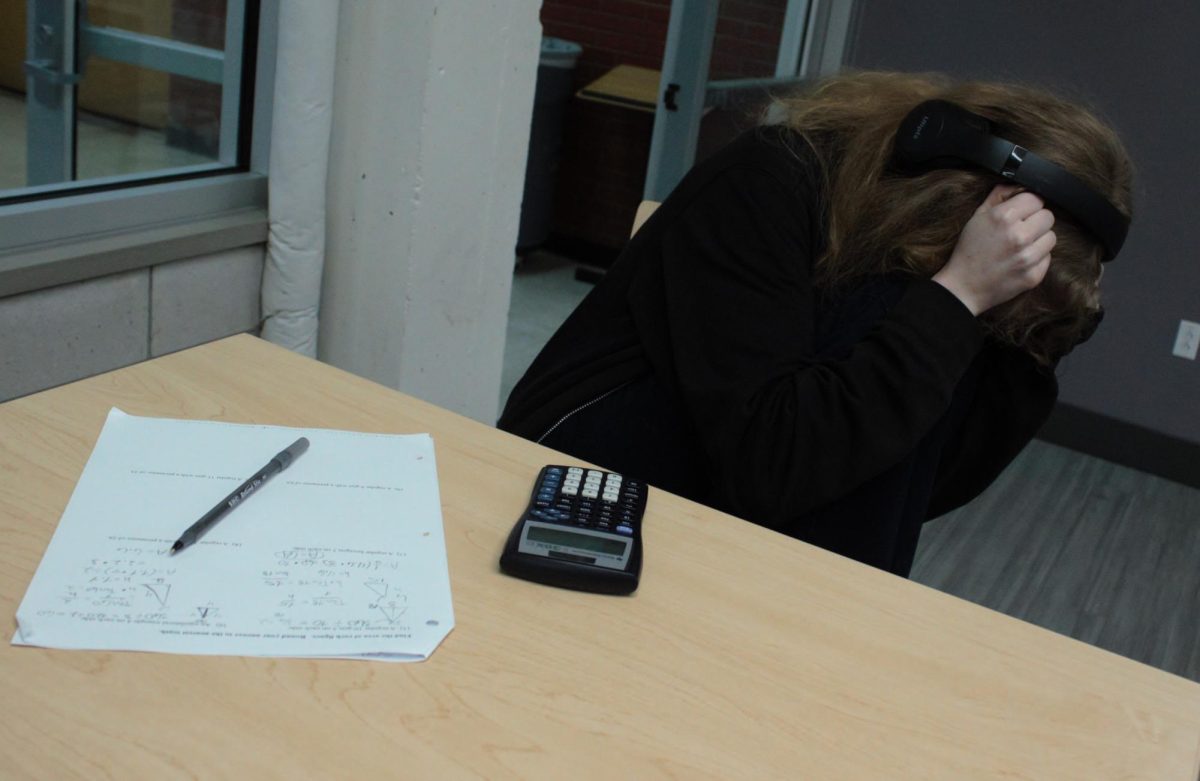Oftentimes in high school environments, we see and feel the devastating effects of burnout and lack of motivation. This constant stress combined with always being busy leads to effects that decline in academic performance. So how do we deal with burnout and maintain healthy levels of stress?
Unfortunately (as with most of life’s problems) there is no perfectly straightforward answer, but there are many strategies and studies that can lend a helping hand. What works for one doesn’t always work for all but it is a good place to start.
By taking an hour out of each day to do something you enjoy, you gain time to relax and recuperate.
The problems
Depending on the context, stress can be positive or negative. In healthy amounts, stress stimulates brain activity and, for many, improves focus. However, according to Jodi Clarke, a licensed councelor, Long-term stress is connected to a variety of negative consequences including, anxiety, depression, headaches, frustration, and increased substance abuse. This can lead to a debilitating decline in one’s mental health.
Because there are so many stressors in everyday life, many people find it difficult to determine which stressors they need to pay attention to and which ones are unnecessary. (Ill give you a hint and say most of them are irrelevant) This leads to that constant occupation and activity that so many high schoolers are familiar with.
There are two main types of stress that one can experience, these being emotional (caused by personal problems and social stressors) and physical (caused by injury or physical trauma). Most people are more familiar with emotional stress and know less about dealing with it. Usually stress is compiled from many events and deadlines and increases over time.
High School students often have a large pile of activities to balance such as school, work, extracurriculars, and home life. For many this is daunting if not downright scary. When this happens it is critical that students have working coping mechanisms and strategies to help.
Strategies
It is common for people to come up with strategies to manage their stress. The internet is chalk full of personal opinions on what people should do in various stressful situations. Unfortunately it is common to see them not work the way they are intended, or simply not work at all. It’s difficult to determine which things we see online are science based and which are not. Personally, I have many different coping strategies (at varying levels of professionalism) that I use on a day to day basis.
Carve out time for hobbies: One method that is often overlooked when dealing with emotional stress is to do more activities. Not more work (this is commonly misunderstood) but more activities that you enjoy. It may seem more difficult to hike or play a game instead of laying in bed, but taking a break to do something disconnected from one’s stressors will increase energy.
By taking an hour out of each day to do something you enjoy, you gain time to relax and recuperate.
Breathe: Lizzie Mills-Low, a reporter on the spartan scoop, who has ample experience dealing with stress, recommends “[taking] a breath” and “[imagining] you are someone else”. A common breathing pattern is the 4444 pattern, in which you breathe in for 4 seconds, hold for 4, breathe out for 4, hold, and repeat. This is also called box breathing or square breathing. Box breathing calms your brain by giving it more oxygen that you would usually receive and allows you to focus so keenly on your breathing that you take a break from worrying about anything else.
Bake your favorite dessert: This is my personal favorite method for dealing with stress. It begins with the idea of giving yourself break time, and ends in a delicious reward. It may seem unhelpful, but creating something with your own hands releases endorphins that increase happiness and satisfaction. These endorphins then help productivity levels and allow for you to get more work done. Also, it almost always makes you happy to eat something sweet!
Yoga: A more formal and commonly mentioned method is yoga. Chronically stressed people usually make fun of this suggestion but it does hold some weight. Yoga focuses on grounding yourself in your body and feeling the present moment. This can help to combat dissociation and general anxiety. It also strengthens your cerebral cortex. This means that regularly doing yoga can actually help your brain to work better. It also reduces overactivity in the limbic system which allows you to calm down quickly. Personally, I like to stretch before bed to recover from the day and let my mind and body know that it is time to sleep and not time to worry.
Sleep: (yes, I am aware I sound like your mom) but it is proven that increasing sleep decreases stress and improves attention spans. High School students commonly stay up for most (if not all) of the night when they are stressed out working on assignments. How much do we really get done when we do this? For me, not much. It is more advantageous to get a full night of rest and be able to do work more quickly and efficiently the next day.
Have a dog: If you don’t have a dog this is your sign to get one ASAP. When stressed, find your nearest dog and lay on the floor with them. Interacting with dogs is proven to increase oxytocin which is a “feel good” hormone. Dogs are used for various reasons such as guide dogs, emotional support dogs, work dogs, and more and are one of the most effective ways to increase joy and happiness in a short term.
Eat a warhead: Sour foods such as a warhead will decrease immediate stress because they are so sour that you do not focus on anything else. By redirecting your attention, this tactic allows you to come down from high anxiety and ground yourself.
High School students have a lot on their plates and there are many strategies (at varying levels of strange) that can help to reduce stress and increase productivity. These strategies work differently for various people and it is important to find one that works for you. Taking care of yourself is the most important thing to do when it comes to balancing large amounts of work and most high schoolers have experienced the same struggles with class loads and stress.




